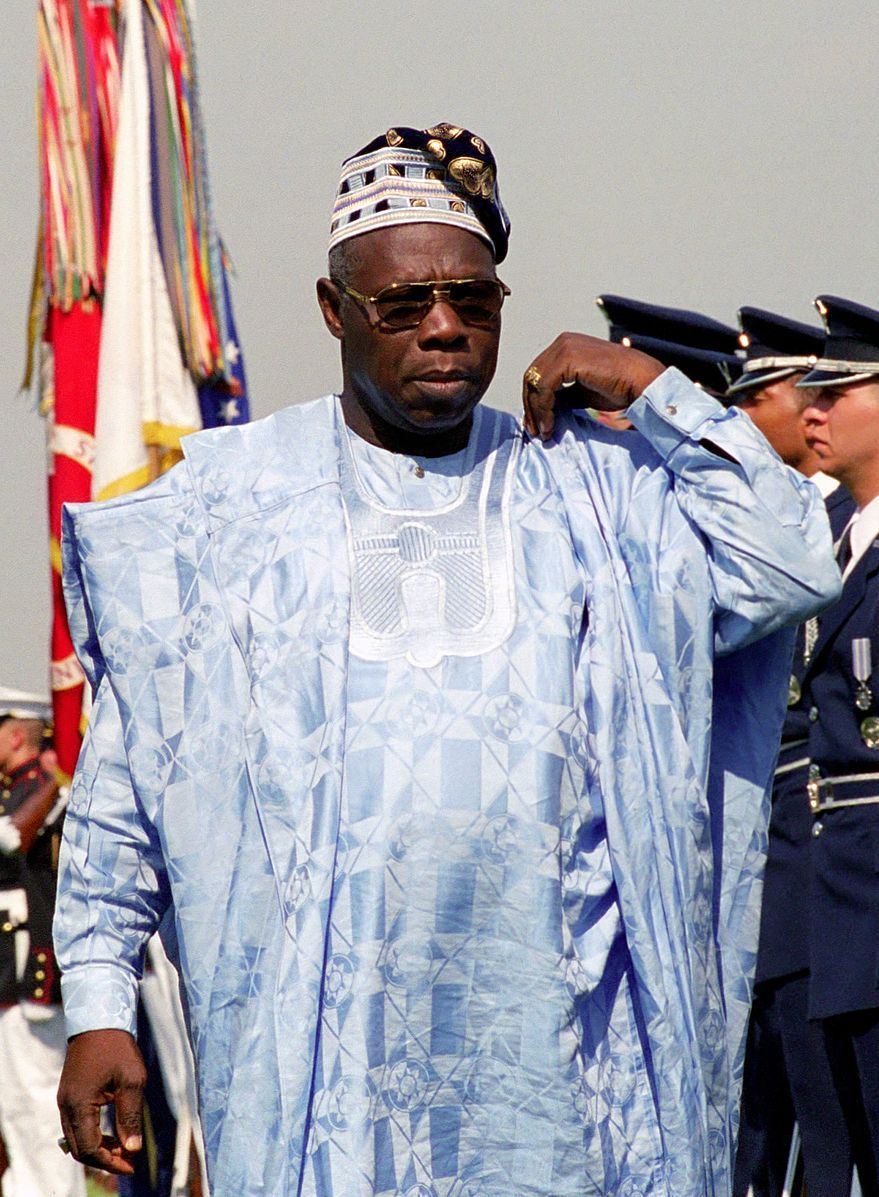Yakubu Gowon: Steadfast Leadership During Nigeria's Transition Period

Yakubu Gowon, Nigeria's third head of state, led the nation during a critical juncture marked by the Nigerian Civil War and the subsequent process of reconstruction and reconciliation. His nine-year tenure was defined by the challenges of unifying a divided nation, implementing reconstruction policies, and fostering national development. This article delves into Gowon's life, his role in Nigeria's history, and the enduring impact of his leadership during a pivotal era in the country's post-independence journey.
Early Life and Military Career: Born on October 19, 1934, in Pankshin, Plateau State, Yakubu Gowon had a humble upbringing. He joined the Nigerian Army in 1954 and quickly rose through the ranks due to his dedication and military acumen. Gowon's military career included training in Britain and the United States, where he gained valuable expertise and forged connections with international military leaders.
Leadership During the Nigerian Civil War: Gowon assumed leadership as Nigeria's head of state in August 1966, following a series of political crises and military coups. His presidency coincided with the outbreak of the Nigerian Civil War (1967-1970), which stemmed from tensions and grievances between the Nigerian government and the secessionist state of Biafra.
Throughout the conflict, Gowon displayed resolute leadership, rallying the Nigerian military and overseeing the prosecution of the war. His administration's "Three Rs" policy—Reconstruction, Rehabilitation, and Reconciliation—served as the guiding principle for post-war recovery efforts. The policy aimed to rebuild war-torn areas, reintegrate former Biafran soldiers and civilians, and foster national reconciliation.
Post-War Reconstruction and Development: Following the end of the Nigerian Civil War, Gowon's administration faced the colossal task of rebuilding a divided nation and ensuring economic development. Efforts were made to restore basic infrastructure, such as roads, schools, and hospitals, in the war-affected regions. Gowon initiated ambitious development projects, including the construction of major highways, dams, and industrial complexes, with the goal of diversifying Nigeria's economy and reducing dependence on oil revenue.
Gowon's administration also pursued policies aimed at promoting national unity and addressing socio-economic disparities. The creation of states in 1967 allowed for a more decentralized governance structure, granting greater autonomy to various regions while maintaining a unified Nigeria. Additionally, Gowon's administration implemented affirmative action programs, such as the indigenization policy, to empower marginalized groups and promote equitable participation in the country's economic growth.
Transition to Civilian Rule and Gowon's Legacy: Gowon's commitment to the restoration of civilian rule culminated in the successful transition from military to civilian government in 1979. He handed over power to civilian leadership, marking a significant milestone in Nigeria's political history. Although his tenure ended in a bloodless coup in 1975, Gowon's role in overseeing the transition laid the foundation for subsequent democratic processes in Nigeria.
Yakubu Gowon's leadership legacy encompasses his efforts to rebuild a fractured nation, promote economic development, and navigate Nigeria through one of its most challenging periods. Despite criticism regarding the handling of the civil war and allegations of corruption, Gowon's contributions to infrastructure development, national unity, and the establishment of democratic structures remain noteworthy.
Yakubu Gowon's presidency marked a transformative era in Nigeria's history, characterized by the Nigerian Civil War and the subsequent reconstruction and reconciliation efforts. His steadfast leadership during this critical period, as well as his commitment to national development and the successful transition to civilian rule, left an indelible mark on Nigeria's political landscape. While his presidency was not without its challenges and controversies, Gowon's enduring legacy as a unifying figure and a champion of post-war recovery continues to shape Nigeria's journey towards progress and unity.


